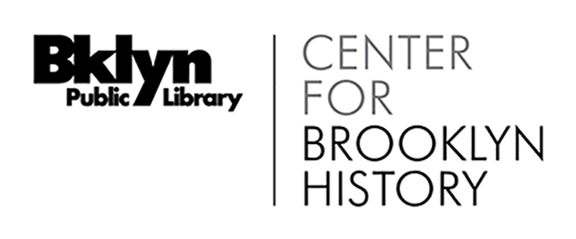Henry Lloyd ledgers
Call Number
Date
Creator
Extent
Language of Materials
Abstract
Six account books of merchant Henry Lloyd, recording financial transactions and accounts throughout the period 1703 to 1744. The account books also make mention of the individuals Lloyd enslaved, including Jupiter Hammon, a Black man born into slavery on the Lloyd estate who later went on to become the first African-American published poet.
Biographical note - Henry Lloyd
Henry Lloyd (1685-1763) owned a shipping business in Rhode Island before settling near Oyster Bay on the North shore of Long Island, NY. In 1711, Lloyd and his wife Rebecca arrived on a 3,000-acre parcel of land owned by Henry's family. The land, which was located on Lloyd Neck (then called Horse's Neck) had been left by Henry's father, James Lloyd I.
The Lloyd family owned a trading business in Boston. Henry arrived at Lloyd Neck with six enslaved people and valuable trade goods such as Bibles and needles, and was soon able to build his four room Manor home.
Lloyd Harbor was part of Henry's property. Fishing, duck hunting, horse grazing, and trapping there all earned fees for Henry. The oak and chestnut trees on the property provided masts for the sailing ships of the British navy and colonial trading ships. Henry imported apple trees and turned his crops into apple cider, which earned him considerable income from his apple cider trading business in the other English colonies and in the Caribbean. The Lloyd property also contained salt and fresh water ponds and enough grazing land to support the large variety of animals needed to supply meat, hides, wool, candles, powder horns, bristles for brushes and plaster, etc., for the Manor and for trade.
Lloyd's home, commonly called the Henry Lloyd Manor House, still survives on the grounds of Caumsett State Historic Park. The land comprising the Lloyd family estate is now part of the village of Lloyd Harbor in Suffolk County, Long Island.
Source:
- Lloyd Harbor Historical Society. "Lloyd Family." Accessed November 8, 2024. https://lloydharborhistoricalsociety.org/lloyd-family/
Scope and Contents
Six account books of Henry Lloyd, recording financial transactions and accounts throughout the period 1703 to 1744. The volumes include four waste books (i.e., day books), one invoice book, and a journal that duplicates much of the information contained in the other volumes. The account books also make mention of the individuals Lloyd enslaved, including Jupiter Hammon, a Black man born into slavery on the Lloyd estate who later went on to become the first African-American published poet.
Subjects
Topics
Places
Conditions Governing Access
Open to researchers without restriction.
Conditions Governing Use
The materials in this collection are in the public domain. While many items at the Center for Brooklyn History are unrestricted, we do not own reproduction rights to all materials. Be aware of the several kinds of rights that might apply: copyright, licensing and trademarks. The researcher assumes all responsibility for copyright questions.The material is in the public domain.
Preferred Citation
Identification of item, date (if known); Henry Lloyd ledgers, 1974.117, Box number; Brooklyn Public Library, Center for Brooklyn History.
Immediate Source of Acquisition
Gift of William A. Alcock, 1925. Formally accessioned in 1925.
Physical Characteristics and Technical Requirements
The collection's digital surrogates should be used in place of the originals whenever possible.
Existence and Location of Copies
This collection has been digitized and is available on the Internet Archive.
About this Guide
Processing Information
Minimally processed to the collection level.
